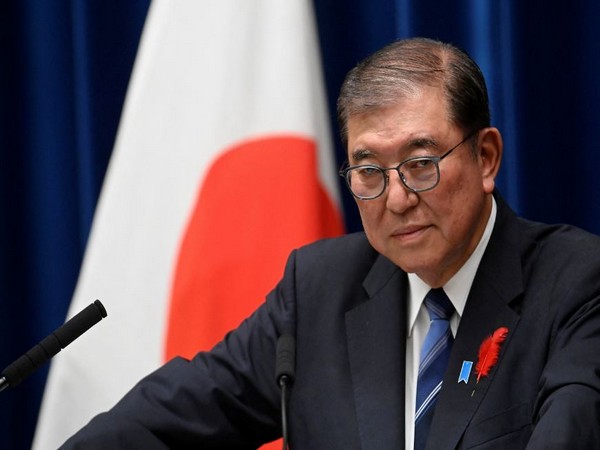Shigeru Ishiba's Resignation Sparks Political Shifts in Japan
Japanese Prime Minister Shigeru Ishiba is expected to resign, potentially leading to political uncertainty and a shift in economic policy. Ishiba's leadership saw elections lost amid rising costs, and speculation on his successor focuses on fiscal policy advocates. The political landscape could further shift with an impending election.

Japanese Prime Minister Shigeru Ishiba is poised to resign, sources reveal, as political dynamics in the world's fourth-largest economy face a possible overhaul. Ishiba's resignation comes amid escalating political pressure following significant election losses exacerbated by mounting living costs.
Since ascending to power, Ishiba's tenure was marked by efforts to ease U.S. trade tensions affecting Japan's automotive industry. However, with his anticipated departure and a looming leadership contest within the Liberal Democratic Party (LDP), attention turns to potential successors like Sanae Takaichi and Shinjiro Koizumi.
The prospect of Ishiba stepping down has rattled market confidence, witnessed by the yen's depreciation and a bond sell-off. Economic insiders speculate on policy shifts under new leadership, particularly with Takaichi's critique of Japan's current fiscal strategy, signaling a potentially transformative political phase.
(With inputs from agencies.)
ALSO READ
Japanese Prime Minister Shigeru Ishiba Resigns, Sparking Political Uncertainty
French Budget Deficit Plans in Jeopardy Amid Political Uncertainty
Market Tremors: Political Uncertainty in Japan Shakes Global Stocks
Euro Zone Bond Yields Surge Amid Debt Concerns and Political Uncertainty
Currencies Waver Amid Global Fiscal Tensions and Political Uncertainty










